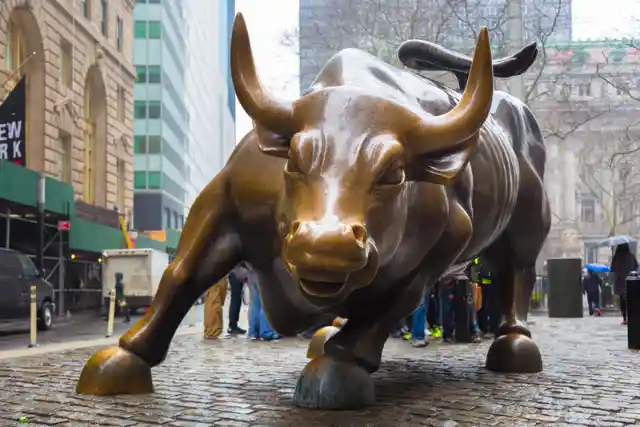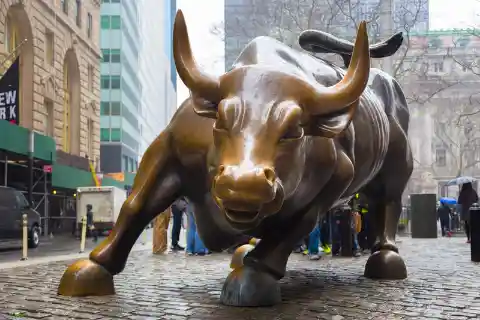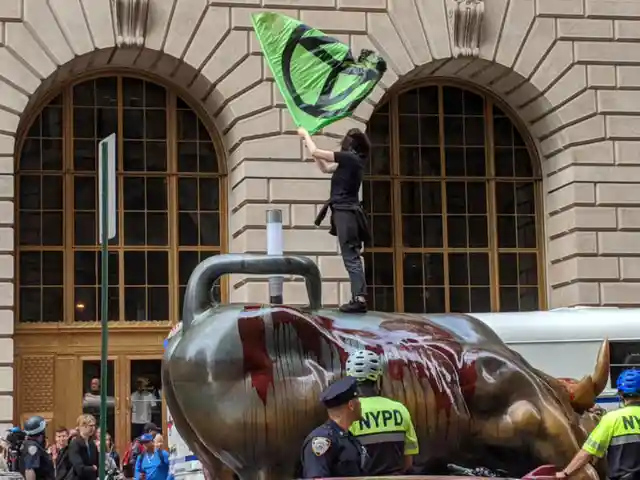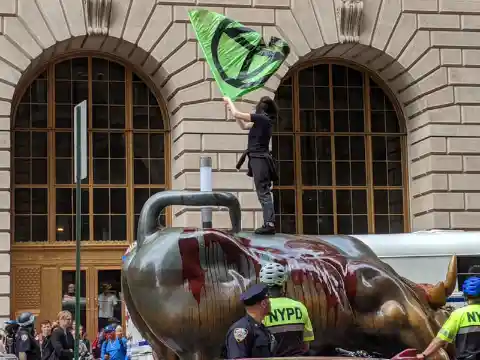The world we live in, if science is correct, is in a bad place. Climate change is happening, but human activity is believed to be a major part of this driving change. The world we are living in, then, is in the middle of a significant change.


Sadly, if we wish to try and overcome the threat of climate change being accelerated by man, then we need to rely upon capital.
This means waiting for the major financial bodies of the world to come together and devise a plan. Without finance, we can’t fix anything – and that’s a major worry.
It’s good to see, then, that Wall Street investors have been meeting up.
Studying the Impact of Climate Change on Future Investors
A study taken on individual investors as part of the McCombs School of Business took place recently. They spoke to around 439 people, with just 3% of those spoken to denying that global temperatures are on the rise.


The findings were released on the 18th of February at the University of Texas, Austin, to work out which options lie ahead for combatting the problem. They also discussed how climate change is playing a role in making them more risk-averse in their next investments.
Indeed, more than half of them say that climate risks are already factoring in on their next big business investment decision. You can find more about this in the March 2020 version of The Review of Financial Studies. It’s part of The Importance of Climate Risks for Institutional Investors section.
The finance professor at Texas McCombs, Laura Starks, said that the investors have “accepted that climate change is happening”. They also are “trying to come to terms with how it’s going to affect the risk and return of their portfolios.”
Action is being Taken
Crucially, though, the survey also asked these investors what steps they are taking to try and combat the growing threat of climate change. Their strategies were varied. From asking people to back shareholder resolutions on climate change to keeping a clear record of carbon emissions.


Companies are acting. Many investors are even threatening to divest their shares if they find that executive responses aren’t taking the threat seriously enough.
These are the people who can make a difference.
Indeed, 48% of those asked are people who are managing more than $100bn in assets. So, they are the kind of people who we should be trying to convince to take action; they are the ones with the capital to make a genuine change.
However, with just 10% of those asked rating it as their primary concern, it’s clear that more work is needed to convince big-name investors otherwise.
With the industry still very much in the early phases of learning about combating their output and carbon emissions, we’re in a race against time.
Hopefully, more can be done to help people asses their issues and come up with solutions to the problems they face.
Until we can find some solutions to try and understand how to reduce carbon emissions for every industry, though, we’ll still have too many people pushing back climate change as ‘low priority’.
The longer we do that, though, the more serious the problem is likely to become.